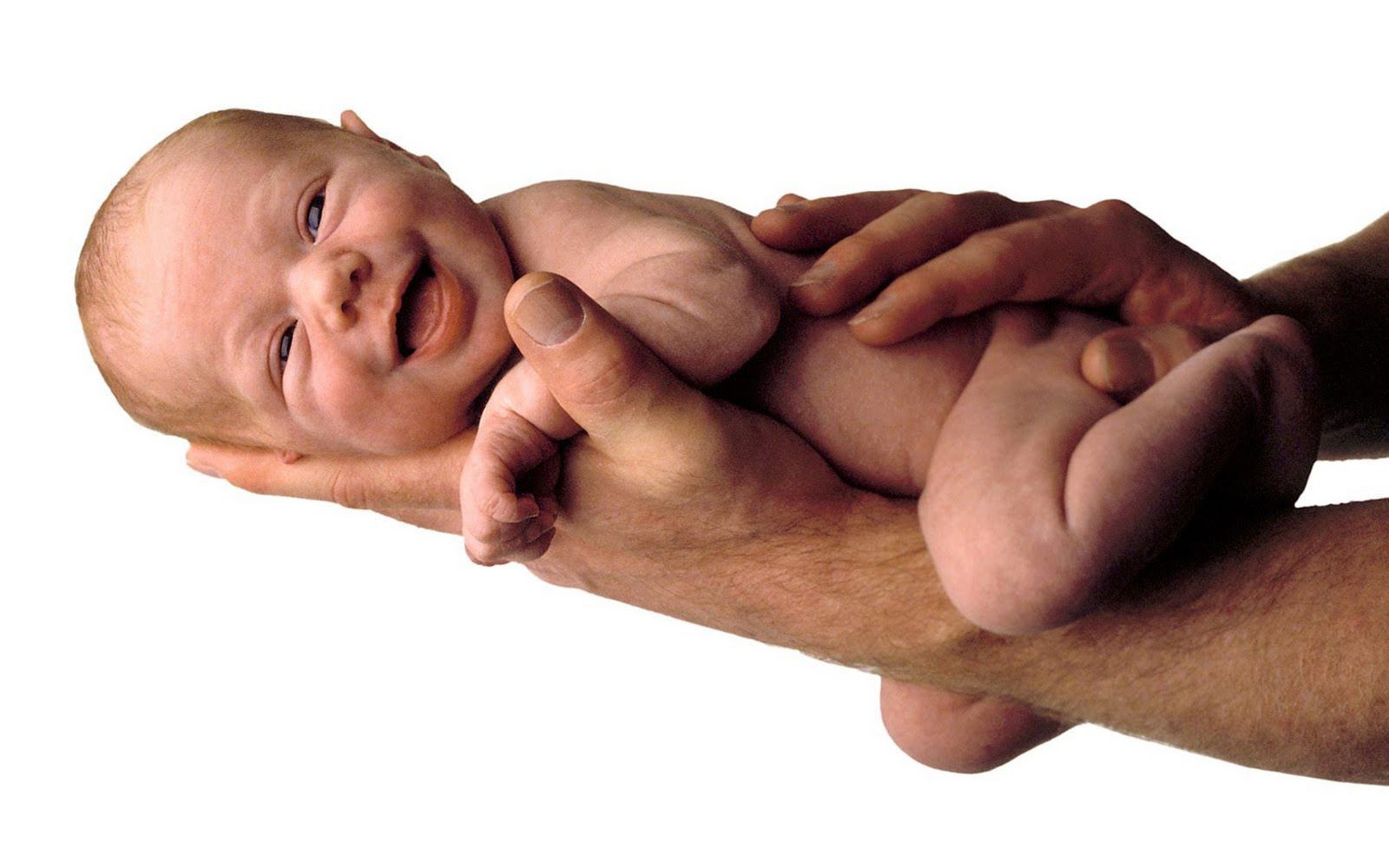I think every parent preparing for the arrival of a new baby knows that a certain amount of sleep deprivation is imminent. It’s just part of the deal. When I was pregnant, I had a vague notion that once the baby was born I would be up sometimes during the night and probably wouldn’t have the luxury of sleeping in late on weekends, but nothing could have prepared me for the mind-numbing exhaustion that consumed me for the first four months of my son’s life and drove me to read every book by every “sleep expert” on the library shelves.
My baby is not a good sleeper. I cringe when the well-meaning stranger asks, “How’s he sleeping?” Do I really want to let them in on the sleepless nights, the bleary mornings, and the desperation I feel for a good night’s sleep? After all, they were only making small talk. Better to respond with a vague, “He’s doing alright…” and move on.
Having lived through many months on very little sleep (and seemingly with many months still ahead), I have learned a few survival strategies that the sleep experts don’t cover in their books.
1. Get help whenever you can, from whomever you can.
I am lucky enough to have a husband who will rock, sing, and walk the baby to sleep whenever I need a break. He might not wake at the slightest whimper in the wee hours like I do, but all I have to do is poke his shoulder and declare, “I need to sleep,” and he is on the way to the baby’s room. If you have this type of support available, take advantage of it.
Don’t fall into the trap of thinking that just because you are staying home with the baby means that you no longer require sleep. When I first had my son, I thought, “It’s okay if I don’t get much sleep, because I won’t be getting up and going to work.” That is not true. I get up (early) every morning to begin my work of caring for an infant all day—one who does not nap well.
2. Try not to envy those lucky parents whose babies just sleep.
No sleep training required, these babies are just naturally good sleepers. Their parents do not have bags under their eyes and are able to form complete, coherent sentences. These moms and dads can help you out because they are better rested. They may be able to plan a fun outing or play date that you are too tired to organize, or at the very least they can lend a sympathetic ear. The fact that their babies sleep through the night does not mean that they are better parents or that their children are better babies. No babies are perfect. They are little humans.
3. Don’t feel bad if you can’t (or don’t want to) follow the classic advice to sleep when the baby sleeps.
I have never been good at this. To me, the thought of rushing to lie down and fall asleep as quickly as possible the minute I finally get the baby down for a nap creates enough anxiety to keep me lying awake for the 30 or 40 minutes of peace I typically get, painfully aware of the minutes ticking by and the sleep I am losing. I would rather spend the time doing something I enjoy, whether it Is productive or just relaxing. So, when the baby is finally down for a nap, read a book, do yoga, meditate, watch TV, call a friend, surf the Internet, do whatever it is that makes you feel good or helps you relax. And if you happen to doze off before you get through the first page of a book, great! Just don’t let pressure to fall asleep make matters worse.
4. If it can wait, let it.
This applies to household chores like cleaning, laundry, and organizing, as well as other “to-dos” such as returning phone calls or emailing the latest set of baby pictures. Feeling pressure to vacuum and dust the minute the baby falls asleep is even worse than feeling pressure to fall asleep yourself. True, these tasks must be completed eventually, and it might actually make you feel better to finally clean out that closet or fold all the laundry. But if you are exhausted and it can wait another day, let it. The exception is if any one of these activities is truly relaxing to you. If so, by all means, indulge.
5. Try to laugh about it.
No, sleep deprivation is not generally funny—but if you laugh, you are less likely to cry. The topic of my son’s sleeping habits has become an ongoing joke with my mom friends. They check in with me weekly, and it has actually become funny when I tell them that no, my baby is still not sleeping. The fact is that sleep deprivation will make you super-sensitive. Lack of sleep, combined with post-partum hormones, will have you walking around on the edge of tears that will burst forth at the slightest provocation. People will offer endless, unsolicited advice: let him cry, never let him cry, put him down awake, put him down in a deep sleep, let him sleep in the car seat, only let him sleep in the crib, use white noise, keep the room silent… the list goes on and on. It can all make you feel confused at best and incompetent at worst. Try not to be too sensitive about it, knowing that your baby’s sleeping habits do not reflect on your parenting abilities, and laugh about your situation when you can.
6. Know that it will get better… eventually.
Try to keep things in perspective. As trying as it can be to lose sleep night after night, remember that babyhood is actually a very brief phase in your child’s life. So the next time you are rocking your child to sleep when you would rather be sleeping yourself, take a moment to memorize the smoothness of his cheek or the gentle curve of her eyelashes, because before long that little baby won’t fit so snugly in your lap. Whether you decide to embark on a sleep training mission, or just to ride out the sleepless infant stage and wait until your child begins sleeping through the night on his or her own, you will eventually begin to forget how exhausted you are. If you didn’t, there wouldn’t be so many families with more than one child.





